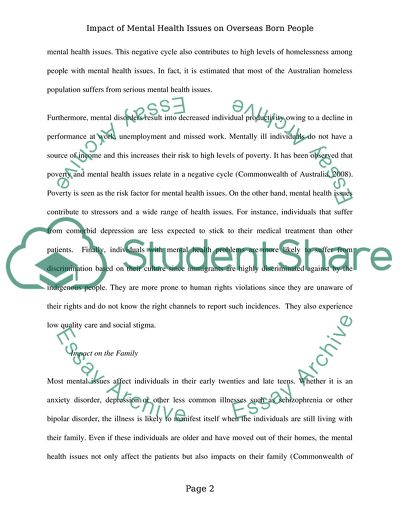Cite this document
(“Impact of a priority health issue on a population group and Case Study”, n.d.)
Impact of a priority health issue on a population group and Case Study. Retrieved from https://studentshare.org/nursing/1647620-impact-of-a-priority-health-issue-on-a-population-group-and-implication-for-the-nurse
Impact of a priority health issue on a population group and Case Study. Retrieved from https://studentshare.org/nursing/1647620-impact-of-a-priority-health-issue-on-a-population-group-and-implication-for-the-nurse
(Impact of a Priority Health Issue on a Population Group and Case Study)
Impact of a Priority Health Issue on a Population Group and Case Study. https://studentshare.org/nursing/1647620-impact-of-a-priority-health-issue-on-a-population-group-and-implication-for-the-nurse.
Impact of a Priority Health Issue on a Population Group and Case Study. https://studentshare.org/nursing/1647620-impact-of-a-priority-health-issue-on-a-population-group-and-implication-for-the-nurse.
“Impact of a Priority Health Issue on a Population Group and Case Study”, n.d. https://studentshare.org/nursing/1647620-impact-of-a-priority-health-issue-on-a-population-group-and-implication-for-the-nurse.


